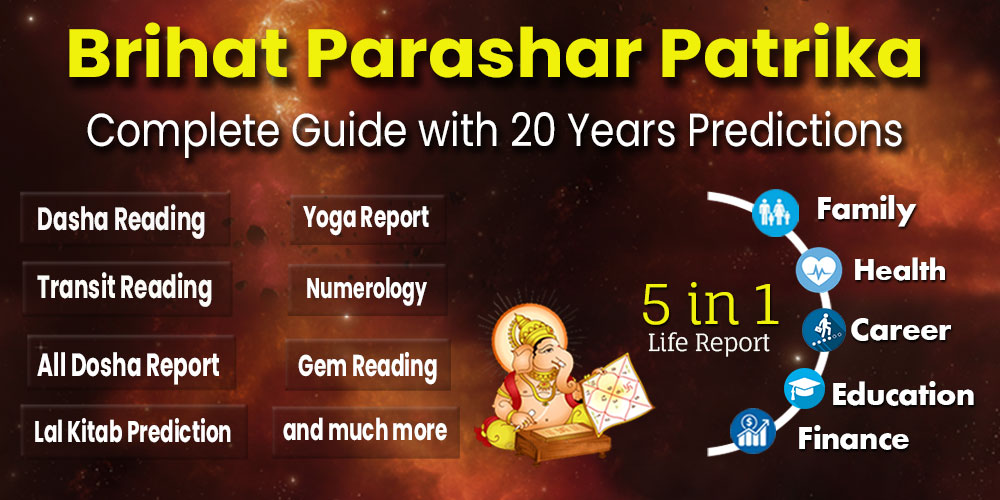Significance
Christmas is an annual festival commemorating the birth of Jesus Christ, observed most commonly on December 25 as a religious and cultural celebration among billions of people around the world. A feast central to the Christian liturgical year, it is prepared for by the season of Advent or Nativity Fast and is prolonged by the Octave of Christmas and further by the season of Christmastide. Christmas Day is a public holiday in many of the world's nations, is celebrated culturally by a large number of non-Christian people, and is an integral part of the Christmas and holiday season.
History
The Chronography of 354 AD contains early evidence of the celebration on December 25 of a Christian liturgical feast of the birth of Jesus. This was in Rome, while in Eastern Christianity the birth of Jesus was already celebrated in connection with the Epiphany on January 6. The December 25 celebration was imported into the East later: in Antioch by John Chrysostom towards the end of the 4th century, probably in 388, and in Alexandria only in the following century. Even in the West, the January 6 celebration of the nativity of Jesus seems to have continued until after 380. In 245, Origen of Alexandria, writing about Leviticus 12:1–8, commented that Scripture mentions only sinners as celebrating their birthdays, namely Pharaoh, who then had his chief baker hanged (Genesis 40:20–22), and Herod, who then had John the Baptist beheaded (Mark 6:21–27), and mentions saints as cursing the day of their birth, namely Jeremiah (Jeremiah 20:14–15) and Job (Job 3:1–16). In 303, Arnobius ridiculed the idea of celebrating the birthdays of gods, a passage cited as evidence that Arnobius was unaware of any nativity celebration. Since Christmas does not celebrate Christ's birth "as God" but "as man", this is not evidence against Christmas being a feast at this time. The fact the Donatists of North Africa celebrated Christmas may indicate that the feast was established by the time that church was created in 311.
Many popular customs associated with Christmas developed independently of the commemoration of Jesus' birth, with certain elements having origins in pre-Christian festivals that were celebrated around the winter solstice by pagan populations who were later converted to Christianity. These elements, including the Yule log from Yule and gift giving from Saturnalia, became syncretized into Christmas over the centuries. The prevailing atmosphere of Christmas has also continually evolved since the holiday's inception, ranging from a sometimes raucous, drunken, carnival-like state in the Middle Ages, to a tamer family-oriented and children-centered theme introduced in a 19th-century transformation. Additionally, the celebration of Christmas was banned on more than one occasion within certain Protestant groups, such as the Puritans, due to concerns that it was too pagan or unbiblical.
How to Celebrate
Many Christians in India celebrate Jesus Christ's birth on on Christmas Day, which is annually held on December 25. The celebrations are most noticeable in states where there are many Christians. Christmas Day is a gazetted holiday in India.
Many Christians mark Christmas Day by attending special church services, spending time with family members, wearing new clothes and eating a festive meal. Some families exchange gifts or give small presents or sweets to children. They may display small electric lamps or small clay oil-burning lamps and decorate their homes with banana or mango leaves. Some also put up a nativity scene with clay figures or a Christmas tree. Christmas trees in India are usually imitation pine trees or branches of native trees or bushes.
Some stores and malls may put up Christmas decorations and have actors playing Santa. Christmas celebrations in tourist areas and hotels may be created to emulate how Christmas Day is celebrated in the countries where tourists and travelers are from. National, state and local government offices, post offices and banks are closed on Christmas Day. Christian stores, businesses and other organizations may be closed or have reduced opening hours. Those wishing to use public transport on the day may need to contact the local transport authorities to check on timetables.
Many Christians remember Jesus Christ's birth when they celebrate Christmas Day, which is on December 25 in the Gregorian calendar. His actual birthday remains unconfirmed. Scholars think that Saint Thomas the Apostle introduced Christianity to the area that is now India around 52 CE.
Symbols of Christmas in India include:
Small electric lights and oil burners.
Decorations made of banana or mango leaves.
Artificial pine trees or branches of native tree and bushes decorated with Christmas themed ornaments.
Nativity scenes with small clay figures.
Statues of or actors playing Santa Claus.
These are just some examples how Christmas is symbolized in India.
